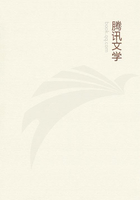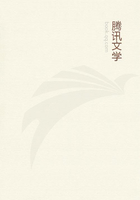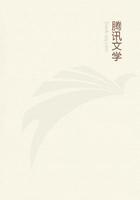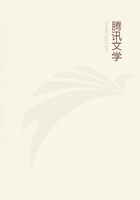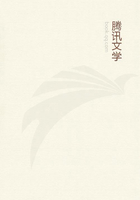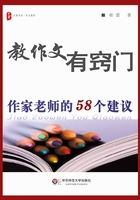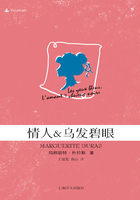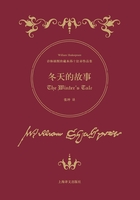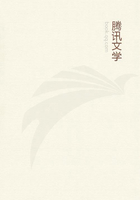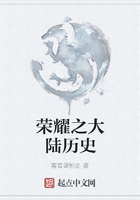It was a trying time for me. There was, however, some advantage; for this epoch in my life put me in relations with some of the foremost business men in the United States, among them Cornelius Vanderbilt, William H.
Vanderbilt, Dean Richmond, Daniel Drew, and various other men accustomed to prompt and decisive dealing with large business affairs. I recognized the value of such associations and endeavored to learn something from them, but was determined, none the less, to end this sort of general activity as early as it could be done consistently with justice to my family. Several years were required, and those the very years in which university cares were most pressing. But finally my intention was fully carried out. The bank over which my father had presided so many years I was able to wind up in a way satisfactory to all concerned, not only repaying the shareholders, but giving them a large surplus. From the other cor-porations also I gradually escaped, turning my duties over to those better fitted for them. Still many outside cares remained, and in one way or another I was obliged to take part in affairs which I would have gladly shunned.
Yet there was consolation in the idea that, as my main danger was that of drifting into a hermit life among professors and books, anything that took me out of this for a limited length of time was not without compensating advantages.
Just previously to my election to the university presidency I had presented a ``plan of organization,'' which, having been accepted and printed by the trustees, formed the mold for the main features of the new institution; and early among my duties came the selection and nomination of professors. In these days one is able to choose from a large body of young men holding fellowships in the various larger universities of the United States; but then, with the possible exception of two or three at Harvard, there was not a fellowship, so far as I can remember, in the whole country. The choosing of professors was immeasurably more difficult than at present. With reference to this point, a very eminent graduate of Harvard then volunteered to me some advice, which at first sight looked sound, but which I soon found to be inapplicable. He said: ``You must secure at any cost the foremost men in the United States in every department. In this way alone can a real university be created.'' Trying the Socratic method upon him, Iasked, in reply, ``How are we to get such men? The foremost man in American science is undoubtedly Agassiz, but he has refused all offers of high position at Paris made him by the French Emperor. The main objects of his life are the creation of his great museum at Harvard and his investigations and instruction in connection with it; he has declared that he has `no time to waste in making money!'
What sum or what inducement of any sort can transfer him from Harvard to a new institution on the distant hills of central New York? So, too, with the most eminent men at the other universities. What sum will draw them to us from Harvard, Yale, Columbia, the University of Virginia, and the University of Michigan? An endowment twice as large as ours would be unavailing.'' Therefore it was that I broached, as a practical measure, in my ``plan of organization,'' the system which I had discussed tentatively with George William Curtis several years before, and to which he referred afterward in his speech at the opening of the university at Ithaca. This was to take into our confidence the leading professors in the more important institutions of learning, and to secure from them, not the ordinary, conventional paper testimonials, but confidential information as to their young men likely to do the best work in various fields, to call these young men to our resident professorships, and then to call the most eminent men we could obtain for non-resident professorships or lectureships. This idea was carried out to the letter. The most eminent men in various universities gave us confidential advice; and thus it was that I was enabled to secure a number of bright, active, energetic young men as our resident professors, mingling with them two or three older men, whose experience and developed judgment seemed necessary in the ordinary conduct of our affairs.
As to the other part of the plan, I secured Agassiz, Lowell, Curtis, Bayard Taylor, Goldwin Smith, Theodore Dwight, George W. Greene, John Stanton Gould, and at a later period Froude, Freeman, and others, as non-resident professors and lecturers. Of the final working of this system I shall speak later.
The question of buildings also arose; but, alas! I could not reproduce my air-castles. For our charter required us to have the university in operation in October, 1868, and there was no time for careful architectural preparation.
Moreover, the means failed us. All that we could then do was to accept a fairly good plan for our main structures; to make them simple, substantial, and dignified;to build them of stone from our own quarries; and so to dispose them that future architects might so combine other buildings with them as to form an impressive quadrangle on the upper part of the university property. To this plan Mr. Cornell gave his hearty assent. It was then arranged, with his full sanction, that the university buildings should ultimately consist of two great groups: the first or upper group to be a quadrangle of stone, and the second or lower group to be made up of buildings of brick more freely disposed, according to our future needs and means. Although this plan has unfortunately been departed from in some minor respects, it has in general turned out well.
Having called a number of professors and seen foundations laid for ``Morrill Hall,'' I sailed in April of 1868for Europe, in order to study technical institutions, to purchase needed equipment, and to secure certain professors such as could not then be found in our own country.

